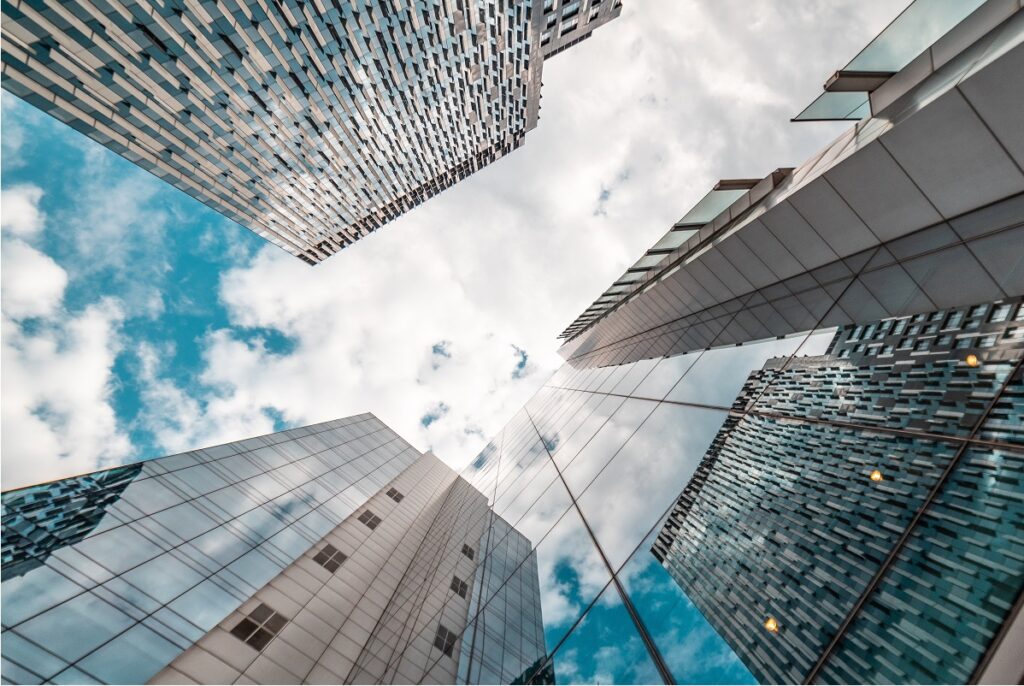A simple and useful guide about how the European Union Institutions work, their set-up and their location. This is the 3rd article of a series written by Citizens of Europe editorial staff.
What is The European Council?
The European Council is one of the 4 most important decision-making institutions (the others are: The Parliament, The Commission and the Council of European Union).
The European Council doesn’t have real power, because it is not in charge in any power level: legislative, executive, judicial and it cannot pass laws.
Nevertheless, it defines the general political direction of EU policies and sets up the EU priorities.
It is made up of the heads of state or government of the EU countries. Other memebers are the European Council President -with a once renewable two-and-a-half-year term- and the Commission President, both of them don’t have power to vote.
What are the differences between European Council and the Council of European Union?
Even if their name are pretty similar the two Councils are very different in their composition, role, power and functions.
For instance, the European Council is made up of heads of states or goverment instead of the Council of European Union made up of the Ministers of EU memeber states (i.e. Ministers of Economy, Ministers of domestic policy or Ministers of foreign affairs and so on.
Moreover it also not be confused with the Council of Europe, which is a separate international organisation from the European Union, that promote Human Rights all over the world.
The Origins
The first unofficial meeting between the heads of goverment and state took place in 1961 in Paris.
In 1974 the leaders decided to fix periodical meeting to discuss about the political coordination among European states and for this reason the next year, in 1975, the leaders officially met for the first time in Dublin.
In 1992, Maastricht Treaty made official the role of European Council and in 2009, with the Treaty of Lisbon it become officially one of the main insitutions in EU.
Today, the European Council is the place where the national goverment try to promote their own national interests, this is the reason why many European federlists criticize its role.

The Role and Power
Basically, the role of European Council could be compared to the Head of Goverment.
It has the last word on the controvertial with the other institutions and deals with complex or sensitive issues that cannot be resolved at lower levels of intergovernmental cooperation.
It decides the common Foreign Affairs direction of European Union and coordinate the security policy. Morevoer, it elects the President of European Central Bank and it suggests the President of Commission who has to be approved by Parliament.
The Council is located in the Europe Palace in Brussels (Belgium) in the same place of Council of European Union.

